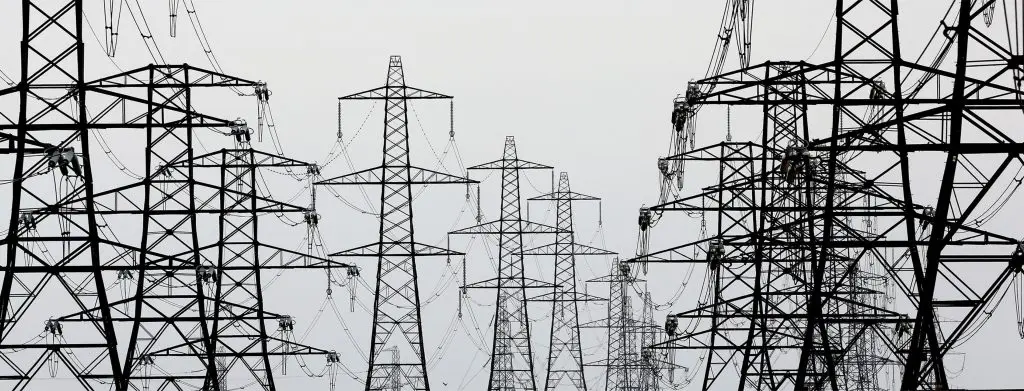Nigeria faces an estimated $26 billion in annual economic losses due to severe electricity shortages, according to Standard Bank’s Africa Trade Barometer.
This unreliable electricity supply also compels Nigerian businesses to spend $22 billion on off-grid fuel to stay operational.
The report notes that “a national grid that frequently collapses” cannot meet the country’s peak demand, resulting in “reduced sales and income” for businesses.
“In Nigeria, surveyed businesses must contend with a national grid that frequently collapses as it fails to meet a daily peak demand which is nearly four times its generation capacity,” the report reads.
“Economic losses arising from Nigeria’s electricity shortages are estimated to be USD 26 billion annually, without accounting for spending on fuel for off-grid generators, which is estimated to be a further USD22 billion.”
“Across the 10 African markets, power supply infrastructure remains the most severe obstacle to surveyed businesses’ operations,” Standard Bank said.
“It is reported as one of the most poorly perceived infrastructural attributes as well as the one presenting the most severe obstacle to business operations.
“Blackouts cause a downtime of production, risk the quality of goods that require controlled environments, impact water supply, and affect telecommunications infrastructure which businesses may rely on for payments. The result is reduced sales and income.”
To address these challenges, the report recommends “a diversified energy mix” and policy reforms aimed at stabilizing power and attracting renewable energy investments.
Get instant and latest news updates via Our WhatsApp Community, X/Twitter or Google News online channel.


